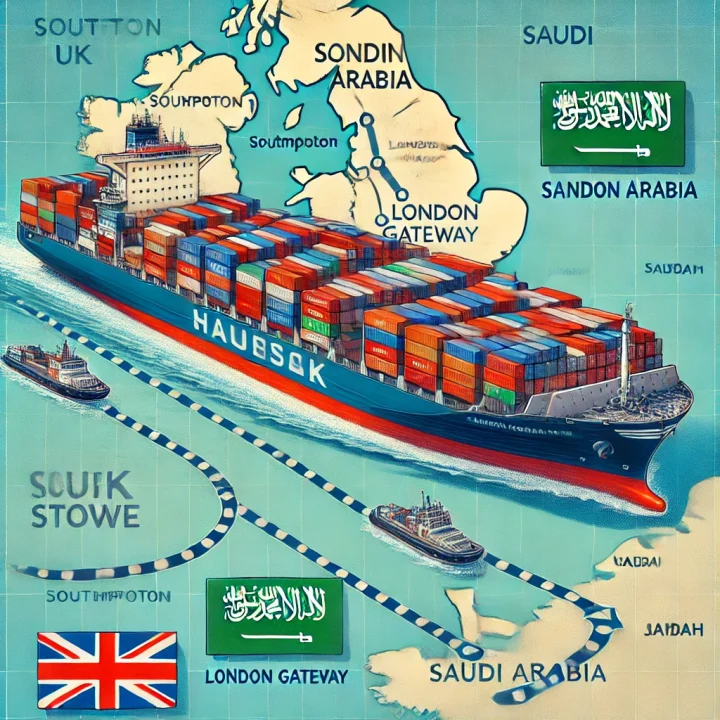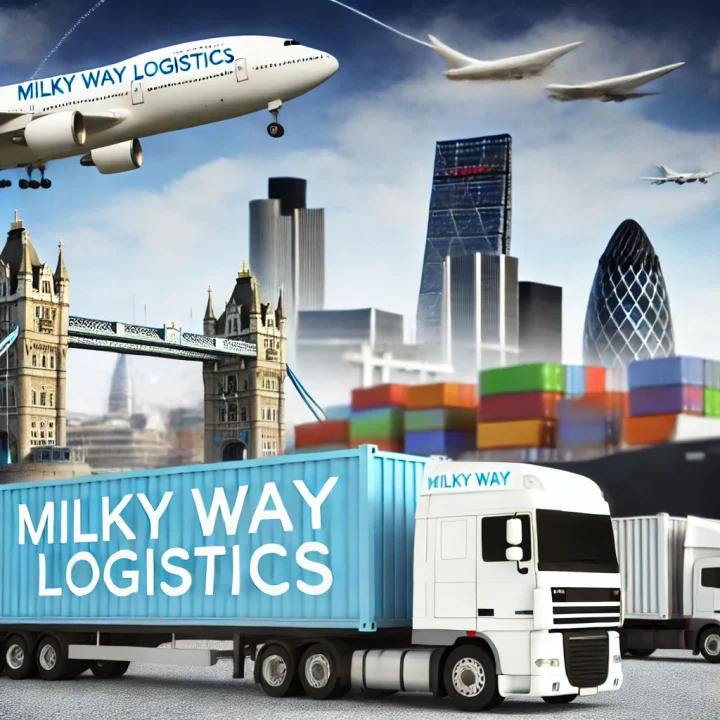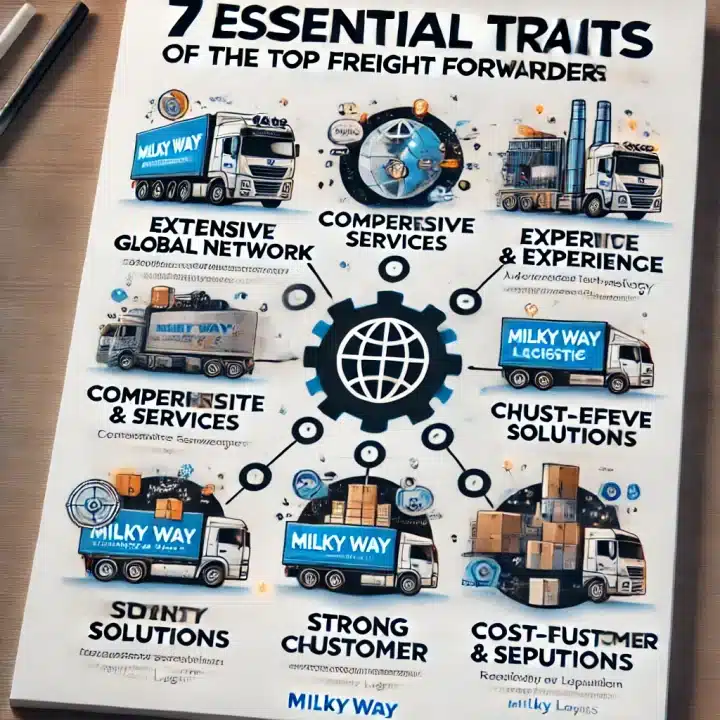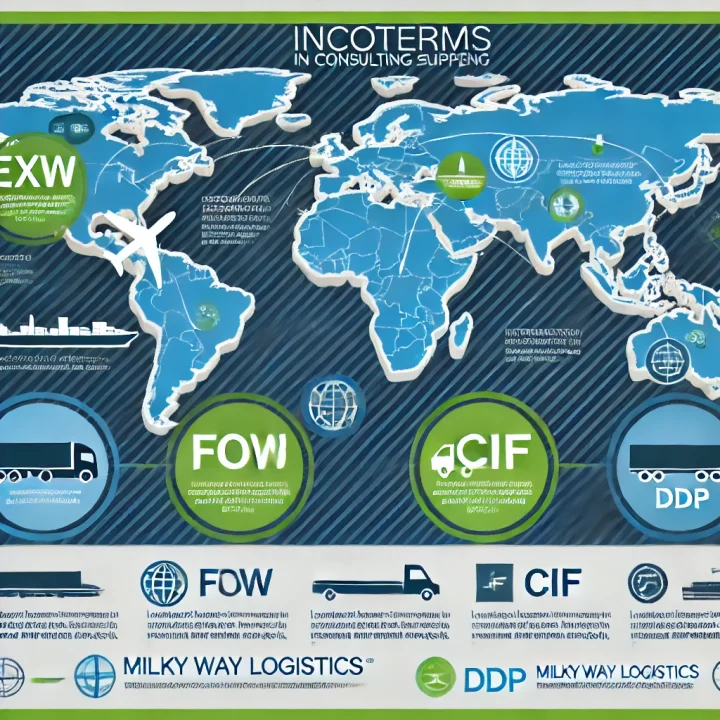5 Powerful Benefits of Cargo Consolidation for Your Business Success
What is Cargo Consolidation?
Cargo consolidation is a cost-effective strategy in logistics that allows multiple shipments to be combined into a single container. By consolidating smaller loads into one larger shipment, businesses can save on transportation costs, improve efficiency, and reduce environmental impact. This approach is commonly used in both Less-than-Container Load (LCL) and Less-than-Truckload (LTL) shipping.
How Cargo Consolidation Works
When several businesses have smaller quantities of cargo that wouldn’t fill an entire container or truck on their own, they can share space in a consolidated shipment. The freight forwarder organizes the shipments and ensures that all goods are transported together in a more economical manner. Once the consolidated cargo reaches its destination, it is separated and delivered to the respective recipients.
Cargo consolidation can involve a variety of modes of transport, including air, sea, road, and rail, depending on the needs of the businesses and the shipping routes available.
Cargo Consolidation in LCL (Less-than-Container Load)
Less-than-Container Load (LCL) refers to shipments where individual cargo does not occupy a full shipping container. In this case, cargo from various clients is combined into one container. This method is particularly useful for businesses that do not need to ship large quantities of goods but still require international transport.
Benefits of LCL Cargo Consolidation:
- Cost-Efficiency: Sharing the space in a container means paying only for the portion of the container that your goods occupy, rather than paying for the entire container.
- Increased Flexibility: LCL allows small and medium-sized businesses to enter international markets without the need to ship in bulk. This flexibility is especially important for businesses with fluctuating demand.
- Environmental Impact: Fewer containers result in less fuel consumption, reducing the carbon footprint associated with shipping.
Cargo Consolidation in LTL (Less-than-Truckload)
Less-than-Truckload (LTL) works in a similar way to LCL, but for road freight. Businesses shipping smaller loads that don’t require a full truck can consolidate their cargo with other businesses’ shipments. LTL is ideal for domestic or regional shipments, and like LCL, it enables businesses to only pay for the space their cargo takes up.
Benefits of LTL Cargo Consolidation:
- Cost Savings: LTL shipments are cost-effective because businesses only pay for the portion of the truck space used, rather than the entire truckload.
- Faster Delivery: In many cases, LTL shipments can move faster because they are combined with other shipments going to the same or similar destinations, allowing for more frequent departures.
- Improved Tracking: LTL providers often offer advanced tracking systems, so businesses can monitor the movement of their goods in real time.
Why Cargo Consolidation is a Game-Changer for Your Business
1. Maximized Efficiency: Whether you’re shipping locally or internationally, using LCL or LTL methods of cargo consolidation streamlines the transportation process. Goods are combined, sorted, and delivered in a well-organized manner, ensuring timely deliveries without the need for multiple smaller shipments.
2. Reduced Costs: One of the biggest advantages of cargo consolidation is the reduction in overall shipping costs. By combining shipments with other businesses, you reduce the per-unit cost of shipping, which can translate into significant savings over time.
3. Eco-Friendly Shipping: In today’s world, sustainability is a key consideration for businesses. Cargo consolidation reduces the number of containers or trucks on the road, cutting fuel consumption and greenhouse gas emissions. It’s a win for the environment and for your corporate social responsibility.
4. Access to More Markets: With LCL and LTL cargo consolidation, even smaller businesses can take advantage of international and regional shipping. This opens up new markets that may have been previously inaccessible due to high transportation costs.
5. Enhanced Inventory Management: By optimizing the shipping process through consolidation, businesses can better manage inventory flow. The regularity and predictability of consolidated shipments make it easier to manage supply chains and respond to customer demand more efficiently.
How Milky Way Logistics Can Help
At Milky Way Logistics, we specialize in providing tailored cargo consolidation solutions that meet the specific needs of your business. Our team of experts ensures that every aspect of your shipment, from packing to customs clearance, is handled with the utmost care and professionalism. Whether you’re looking to ship via LCL or LTL, we’ve got the resources and expertise to make your logistics operations smoother and more cost-effective.
Conclusion
Cargo consolidation is a powerful tool that allows businesses to cut costs, reduce their environmental impact, and streamline logistics. Whether you’re considering LCL for international shipments or LTL for regional transport, consolidation is a smart move for businesses looking to enhance efficiency without sacrificing quality. Contact Milky Way Logistics today to find out how we can assist with your shipping needs!













